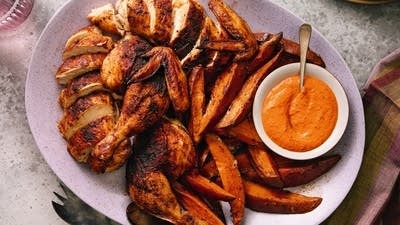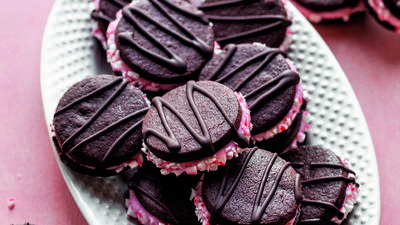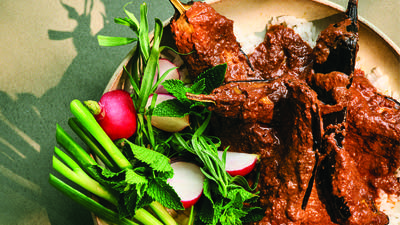
Dear Lynne,
Liquor labels always say “proof” (like “80 proof”). What does “proof” actually mean?
–Douglas from Minneapolis
Dear Douglas,
At first glance the definition of "proof" makes no sense. It seems needlessly complicated.
Proof is the government documentation of a distilled beverage’s alcohol content. In the U.S., if you cut the number in half, you get the actual amount of alcohol in the bottle. Eighty proof means 40 percent of the liquid in the bottle is alcohol. Why use proof when you could simply state "40 percent" on the bottle?
Proof began here during our 18th-century whiskey trade. Whiskey took off when farmers realized they could make 10 times the money on their corn if they distilled it. As the market soared, so did watering down the booze for even more money.
Suspicious buyers came up with a “gunpowder proofing” testing method. They mixed the whiskey with gunpowder and lit it. If the gunpowder exploded, the liquor had no water in it and it was “proofed.” And so was anyone standing nearby. This became the official term for pure whiskey. Please do not try this at home.
-Lynne
Before you go...
Each week, The Splendid Table brings you stories that expand your world view, inspire you to try something new, and show how food connects us all. We rely on your generous support. For as little as $5 a month, you can have a lasting impact on The Splendid Table. And, when you donate, you’ll join a community of like-minded individuals who love good food, good conversation, and kitchen companionship. Show your love for The Splendid Table with a gift today.
Thank you for your support.
Donate today for as little as $5.00 a month. Your gift only takes a few minutes and has a lasting impact on The Splendid Table and you'll be welcomed into The Splendid Table Co-op.




